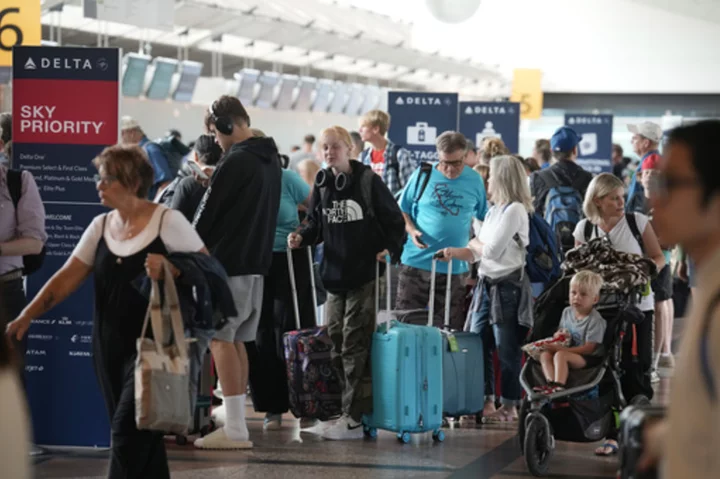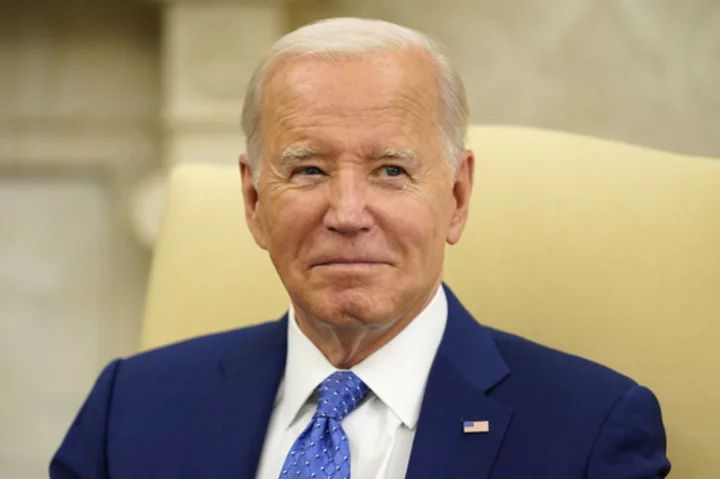Delta Air Lines executives say they’re not seeing the drop in average airfares that federal officials believe are contributing to lower inflation.
The Labor Department's latest consumer price index this week showed average airfares falling 8% from May to June on a seasonally adjusted basis.
“We’re not seeing the same, and it’s a different data point than what we have,” Delta President Glen Hauenstein said on the airline’s second-quarter earnings call. He dismissed the Labor Department’s methodology as a “ample of a sample.”
Analysts agreed with Delta's assessment. JPMorgan's Jamie Baker said the government figure excludes corporate and most premium travel and is drawn heavily from discount-airline service. He blamed the CPI number for causing airline stocks to fall Wednesday, when the Labor Department report came out.
Delta executives seemed far more willing to accept the Labor Department’s calculation that average fares last month were 19% lower than they were in June of last year.
CEO Ed Bastian said it is important to remember that at this time last year, many people were just beginning to travel after two years of the COVID-19 pandemic, but airlines weren’t yet fully staffed. As a result, demand was far stronger than supply.
“People didn’t care where they were going or how much they spent. They just wanted to go someplace,” he said. “We were seeing fares up 30%, 40%, 50%" for some domestic flights. "That’s obviously not sustainable.”
The Labor Department's monthly CPI report indicated that lower prices for airline tickets, gasoline and used cars in June helped produce the lowest inflation since early 2021 -- 3% compared with a year earlier.









